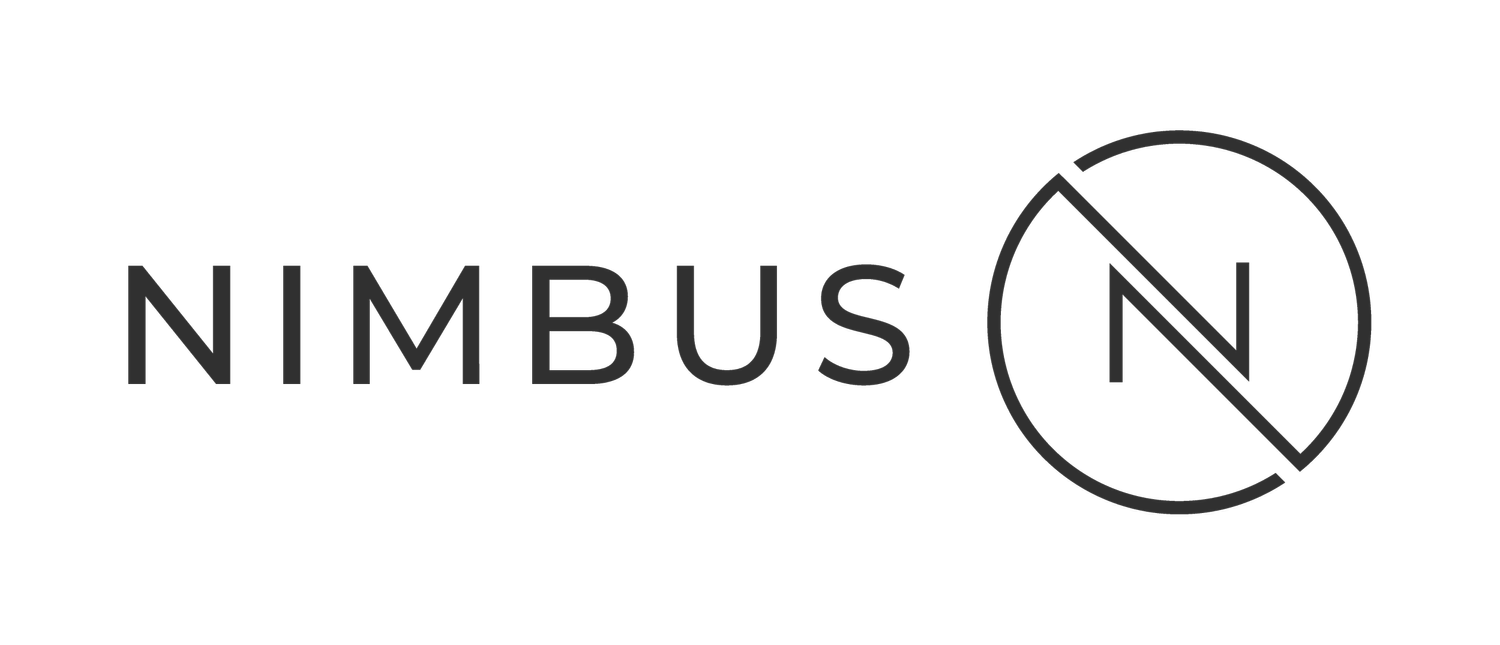The documentation you need to operate a food business in Chicago
Operating a food business in Chicago involves navigating a complex web of regulations, licenses, and inspections that vary depending on the type of food business you run. Whether you're a shared kitchen user or a wholesale operator, it's essential to understand the documentation you need to operate legally and successfully. This guide provides a comprehensive overview of the key requirements for each business type.
1. Business licenses
Shared kitchen user (long-term and short-term):
If you plan to operate within a shared kitchen, you'll need a Shared Kitchen User License. This license is required whether your usage is long-term (up to 2 years, renewable) or short-term (up to 90 consecutive days, non-renewable). The application fee is $330 for long-term use and $75 for short-term use.
Wholesale food business:
Wholesale operators in Chicago who use shared kitchens can operate under a Shared Kitchen User License. However, they must also apply for a Manufactured Food License from the Illinois Department of Public Health (IDPH) and undergo an IDPH inspection to ensure compliance with state regulations. The license fee for wholesale operations is $660, renewable every two years.
2. Food sanitation certificates
All business types:
A Food Service Sanitation Manager Certificate is mandatory across all food business operations in Chicago. This ensures that at least one person in your operation is trained in food safety. For shared kitchen users, this individual must be on-site whenever food is being prepared.
Short-term shared kitchen users:
Even with temporary use, a certified food handler must be present during operations to ensure compliance with food safety standards.
3. Health department inspections
Shared kitchen user (long-term and short-term):
Shared kitchens themselves undergo regular health inspections. However, your specific operation may also be subject to random inspections by the Chicago Department of Public Health (CDPH) to ensure ongoing compliance. Additionally, shared kitchen users must undergo an inspection if they plan to participate in special events.
Wholesale food business:
Wholesale operators must comply with additional regulations. After securing a Shared Kitchen User License, they must also pass an inspection by the IDPH as part of the Manufactured Food Program. This inspection ensures the facility meets all relevant safety and sanitation standards.
4. Manufactured food license (for wholesale operators)
Wholesale food business:
Wholesale food operators using a shared kitchen must obtain a Manufactured Food License from the IDPH. This license is required for any business involved in producing, packaging, or distributing food products intended for sale to other businesses or retailers. The IDPH conducts an on-site inspection as part of this process to ensure your operations comply with state regulations.
5. Application requirements
Shared kitchen user (long-term and short-term):
Your application must include detailed business information (e.g., EIN, state of Illinois file number, Illinois Department of Revenue account ID), a government-issued photo ID, and proof of resolving any city debts. Additionally, you'll need to submit a signed statement of intent or lease agreement from the shared kitchen owner, which must include the start and end dates, the shared kitchen's license number, pest control and garbage disposal details, and a menu of food items you plan to prepare.
Wholesale food business:
In addition to the shared kitchen requirements, wholesale operators must submit a detailed layout of their wholesale space, a list of equipment with spec sheets, and proof of passing the IDPH inspection. This information helps ensure that your facility is designed and equipped to meet safety and sanitation standards.
6. Plan review approval
Shared kitchen user (long-term and short-term):
As a shared kitchen user, you generally don’t need to submit a plan review, as the facility has already been approved. However, introducing unique equipment or processes may require additional approval from the CDPH.
Wholesale food business:
Wholesale operators will need to submit their facility’s plans for review, especially if they have unique requirements or use specialized equipment. This review ensures that your equipment and production processes comply with health and safety standards.
7. Zoning requirements
Shared kitchen user (long-term and short-term):
The shared kitchen facility must be appropriately zoned for food production. As a user, you need to ensure your business operations align with the kitchen’s zoning permissions.
Wholesale food business:
Your facility must be located in a zone that permits manufacturing and distribution activities. This is crucial to ensure compliance with Chicago’s zoning laws.
8. Fire safety compliance
Shared kitchen user (long-term and short-term):
The shared kitchen should already comply with fire safety regulations, but it's important to be familiar with the facility's fire safety protocols.
Wholesale food business:
Your facility must meet all fire safety codes, including the proper installation of fire suppression systems and clear evacuation plans. The Chicago Fire Department will inspect your facility to ensure compliance.
9. Insurance
Shared kitchen user (long-term and short-term):
Liability insurance is often required by shared kitchen facilities to protect both your business and the facility.
Wholesale food business:
Liability insurance is essential for covering potential claims related to food safety or property damage.
Conclusion
Operating a food business in Chicago requires careful attention to the specific documentation and compliance requirements associated with your business type. Whether you’re using a shared kitchen or running a wholesale operation, securing the necessary licenses, passing inspections, and adhering to safety standards are essential steps to ensure your business operates smoothly and legally. By staying informed and prepared, you can navigate Chicago's regulatory landscape with confidence and focus on growing your food business.


